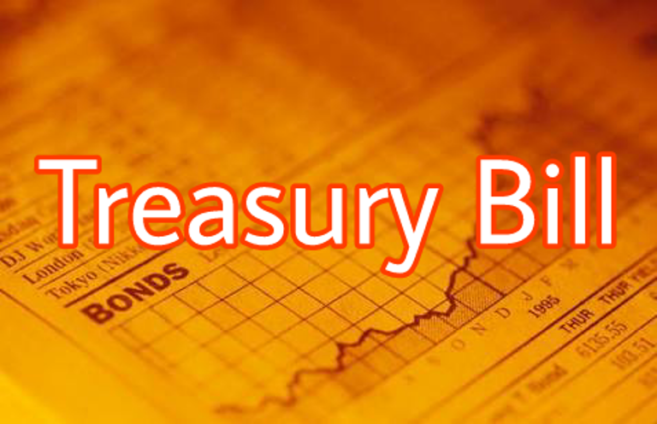Government exceeded its Treasury bills sale target for the fifth week running by GHS46.39 million.
This was after the Bank of Ghana sold GHS1.073 billion of short term securities.
Analysts are attributing this to improve liquidity on the market.
Though lower than last week’s GHS60.9 million, it is better because the target for Friday’s auctioning was much bigger, at over a GHS1billion.
This is compared with GHS733 million the previous week.
According to the trading figures, the interest rate on the short term government instruments continue to remain steady.
Senior Research Analyst at Databank Research, Courage Martey tells Joy Business the recent payment of locked-up cash to depositors of defunct financial institutions has been doing the trick
“This oversubscription coincides with the period that government started making cash payments to depositors of defunct financial institutions. Remember this began somewhere late September. So over this period, the monies that came into the banking system or the financial system is being ploughed back into short term investments instruments.”
“We are in a period when the market is more oriented towards short term investment horizon than going long. So the funds that were paid to depositors of financial institutions has to be held in some accounts which is in the banking system, and so the banks are now investing in government securities, particularly at the shorter end of the curve”, he explained.
With chunk of the locked-up funds sitting with commercial banks paid, weekly Treasury bills auctioning is expected to be oversubscribed as banks will prefer cashing in on these risk free instruments rather than lending.
This is because there is a potential higher default by customers due to the impact of covid-19 on the economy.
Meanwhile, the yield on the instruments still hover around 14.10%.
September MPC Report
The September 2020 Monetary Policy Committee Report stated that interest rates on the money market saw mixed developments as rates on short to medium term instruments eased, but generally tightened at the longer-end in August this year.
On a year-on-year basis, the 91-day Treasury bill rate declined to about 14% in August 2020 from 14.7% a year ago.
Similarly, the interest rate on the 182-day instrument declined to 14.1% from 15.2%.
With the exception of the 6-year bond, yields on the 7-year, 10-year, 15-year, and 20-year bonds all increased.
Latest Stories
-
A 2-month-old baby dies in a fire incident at Madina
7 minutes -
Tinny returns with new Afropop song ‘Barrier’
8 minutes -
NSMQ 2025: T.I. AMASS Salaga knocks out regional favorites Damongo SHS to secure first national championship spot
9 minutes -
Invest with confidence: MiDA CEO champions ’24-Hour Economy’ as bankable and transparent
9 minutes -
Korea Week 2025: A celebration of culture, connection, and rise of fierce crew GH
15 minutes -
African Corporate Governance Network appoints first female CEO in its 12-year history
15 minutes -
Is Ghana’s tech sector growing well?
15 minutes -
Ghana to host first genocide memorial monument in Accra
29 minutes -
Ghana unveils ambitious renewable energy drive to boost green transition and economic growth
29 minutes -
Dismiss Basintale, Hannah Bissiw over Ablekuma North re-run violence – Minority to gov’t
36 minutes -
Deloitte ranked number 1 consulting service provider for 8th consecutive year
38 minutes -
UDS step up preparations for World University Games in September
39 minutes -
GRNMA halts planned strike after productive talks with gov’t
41 minutes -
Only 22% of households in Ghana used clean fuels in 2022 – ISSER
51 minutes -
Producer price inflation falls to 5.9%, lowest since November 2023
55 minutes

